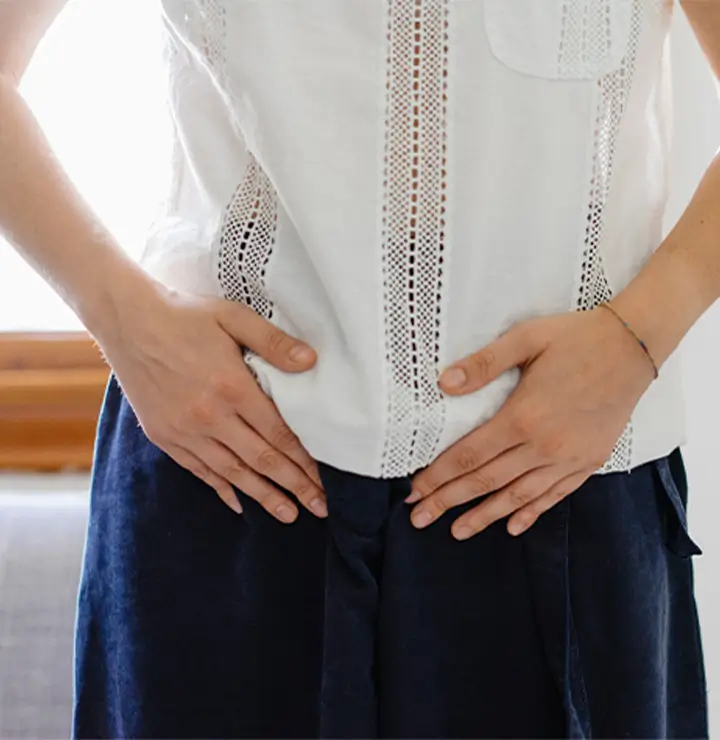Urogynecology Services
Incontinence, pelvic organ prolapse and overactive bladder can be embarrassing problems. If you are one of the millions of women who have these very common conditions, there is no need to suffer in silence. Our specialists treat pelvic floor disorders with a blend of compassion and expertise.
Together, we work with you to find a treatment plan that suits your lifestyle—from surgical and non-surgical treatments to physical therapies and biofeedback. Our goal: To help you regain your quality of life, free from discomfort and embarrassment.
To make an appointment, call us at 714-456-2911.











